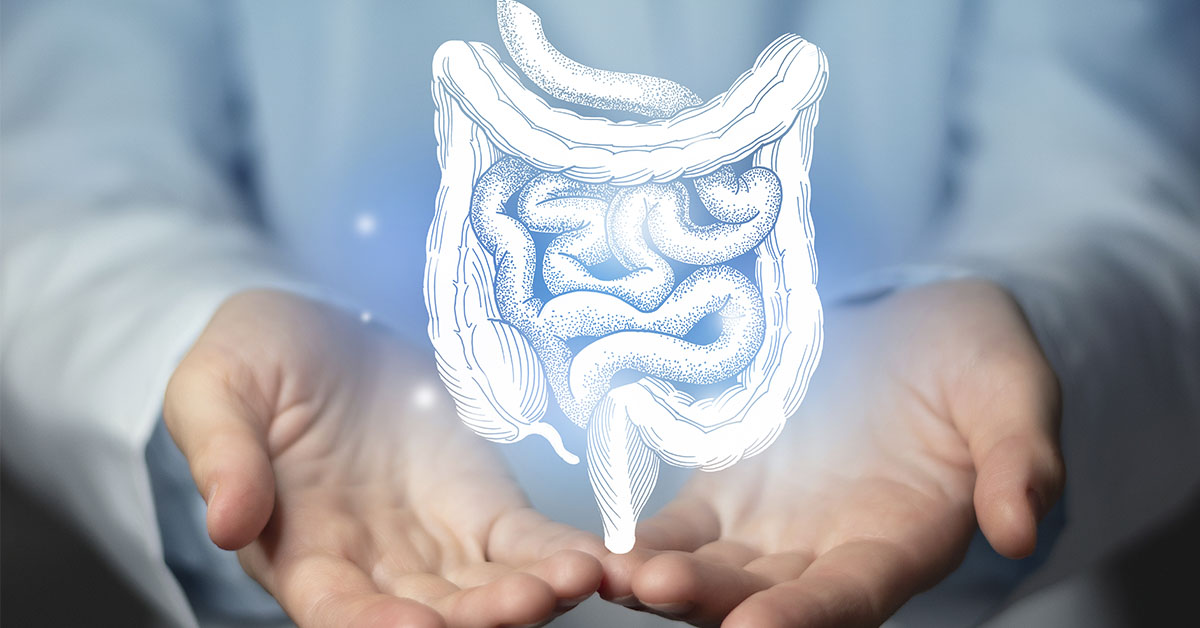Lucie Morris-Marr, an award-winning journalist and author of Processed, was living a full life when she received a devastating stage-four bowel cancer diagnosis. This journey taught her how what we eat can have serious long-term impacts. She began questioning the bacon sandwich and other foods she had trusted for years. Her story shows how small choices can have lasting effects. In this slideshow, let’s explore how processed meats like ham, sausages, and bacon can quietly increase the risk of bowel cancer and what we can do to protect our health.
A Closer Look at Processed Meats
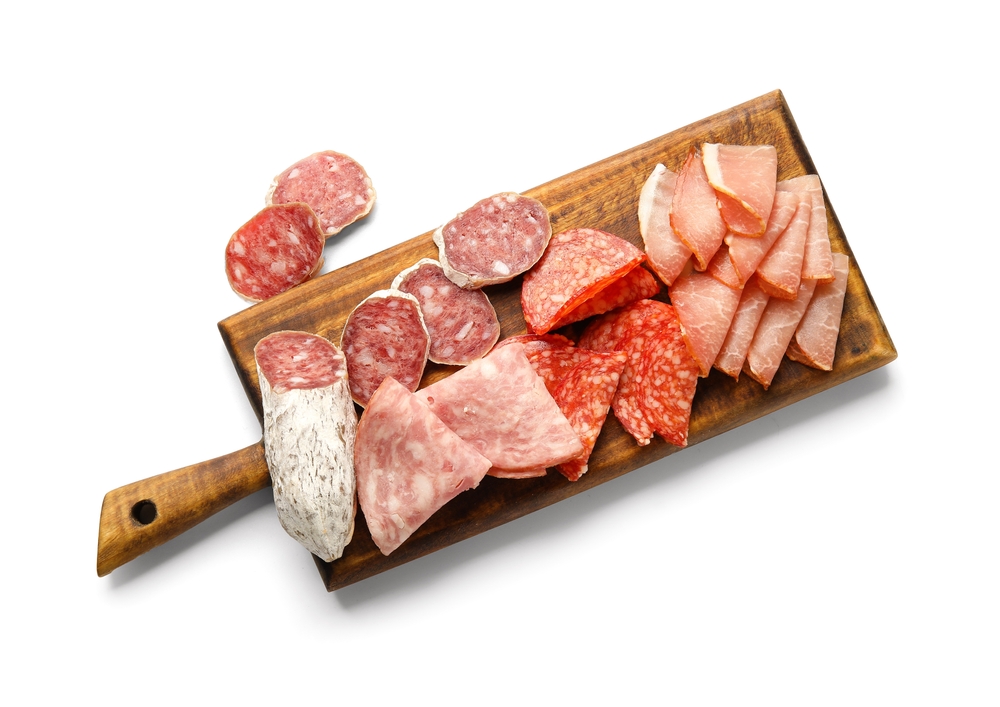
Processed meats include foods like bacon, ham, sausages, and salami. These foods are convenient and delicious. However, they often go through salting, curing, or smoking to last longer and taste better. Unfortunately, these processes create chemicals that can damage our gut lining. As the World Health Organization warns, processed meats pose a serious risk to health. They are placed in the same category as tobacco and alcohol. Many people eat them regularly, not realizing how they can raise the risk of colorectal cancer.
Read More: Woman Battling Advanced Colon Cancer Shares Unlikely Symptom That Didn’t Affect Her Digestion
What the Science Tells Us
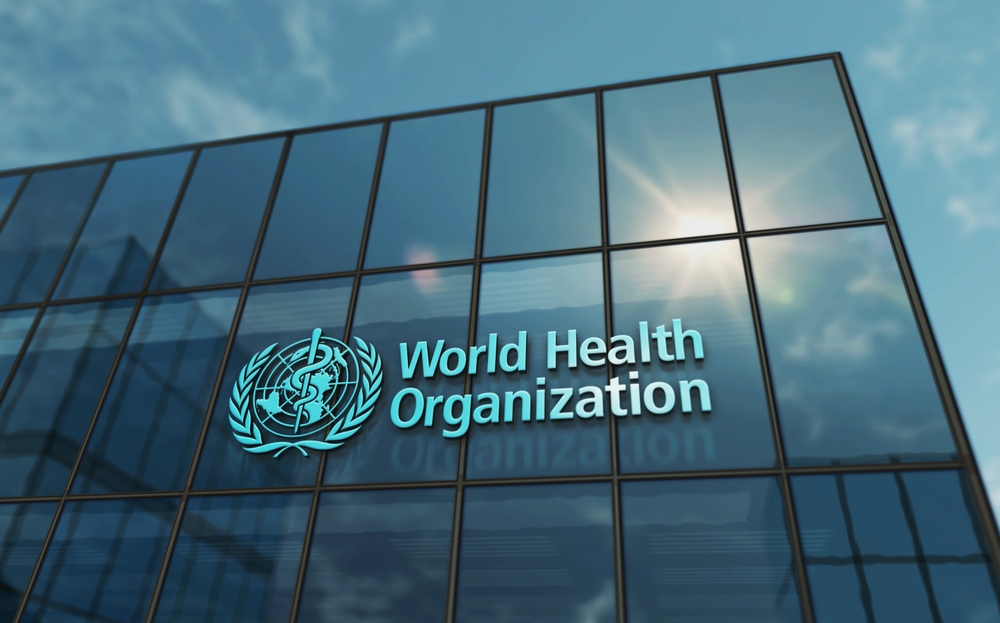
The World Health Organization has labeled processed meats as a Group 1 carcinogen. This means there is strong proof they cause cancer of the bowel. Studies show that eating just 50 grams of processed meat every day, like two slices of bacon, raises your cancer risk by 18 percent. That’s a significant increase for such a small portion. The risk grows with how much you eat. Scientists have found that chemicals added during processing create harmful substances in the gut, which can lead to colon cancer.
Why Processed Meats Are So Risky
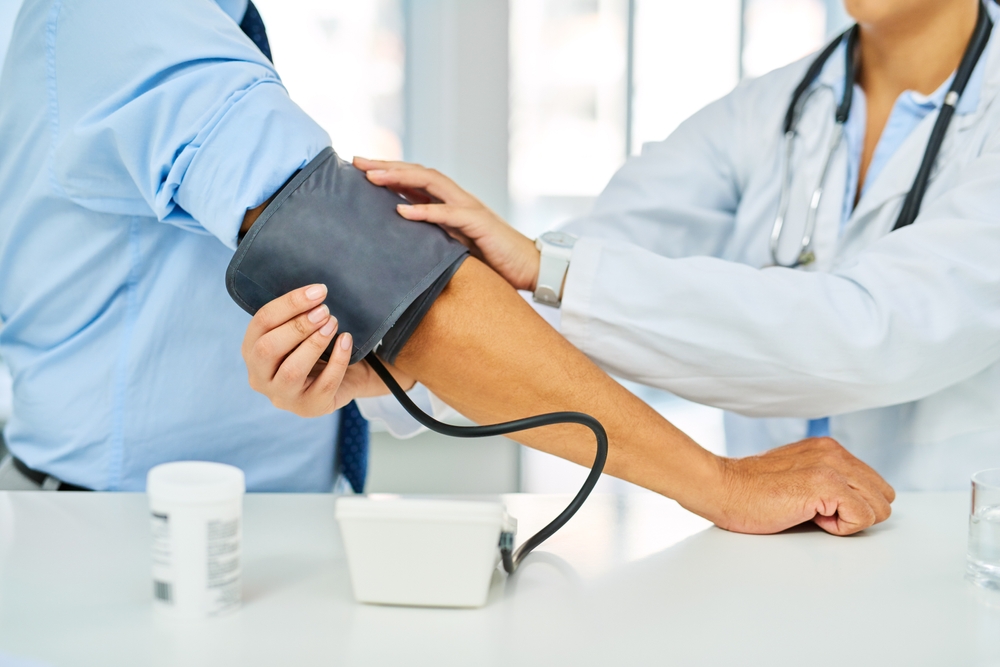
Processed meats contain nitrates and nitrites, which help preserve them and boost flavor. However, when you cook or digest these meats, these chemicals can become cancer-causing agents. Eating these foods often means your gut keeps getting exposed to these harmful substances. Over time, this damage can lead to colon cancer and rectal cancer. Moreover, processed meats often contain lots of fat and salt, which can cause other health issues like high blood pressure and heart disease. It’s clear that processed meats carry serious risks.
Read More: How Processed Meats, Like Hot Dogs, May Affect Your Cancer Risk
Red Meat and Cancer Risk
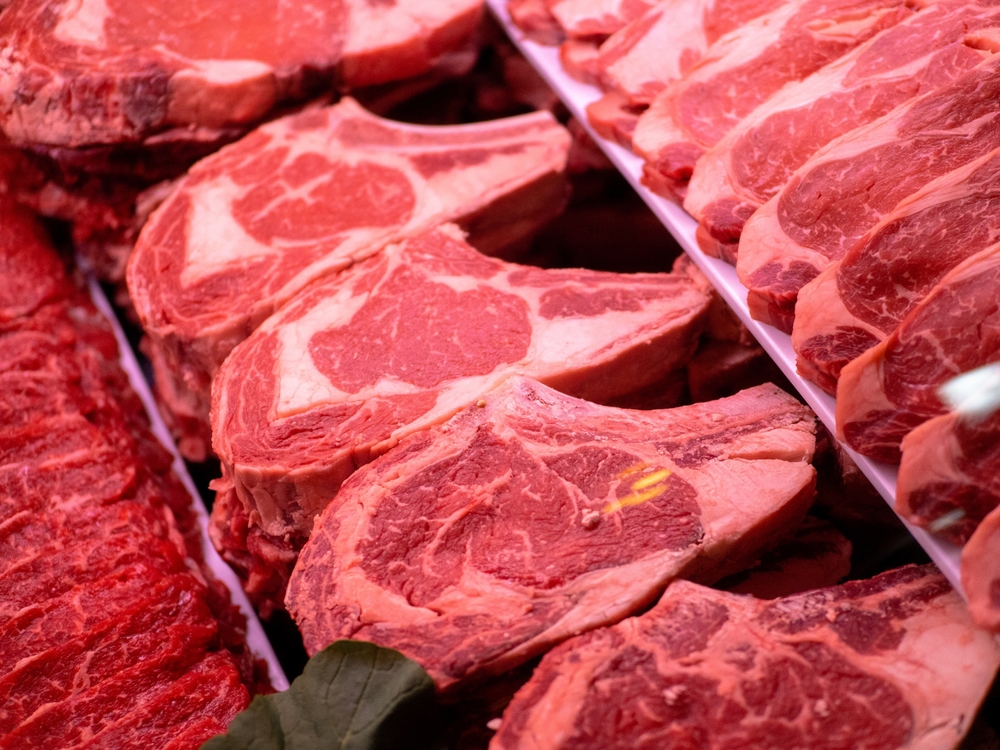
Red meat includes beef, lamb, and pork. While it is not as dangerous as processed meat, eating too much can still increase your risk of cancer of the rectum and colon. The World Health Organization calls red meat “probably carcinogenic.” This means there’s strong evidence linking it to cancer of the bowel. Although red meat provides important nutrients like iron and protein, experts recommend moderation. Try to limit red meat to less than 500 grams per week. This balance can help protect your health in the long run.
Spotting the Warning Signs of Bowel Cancer
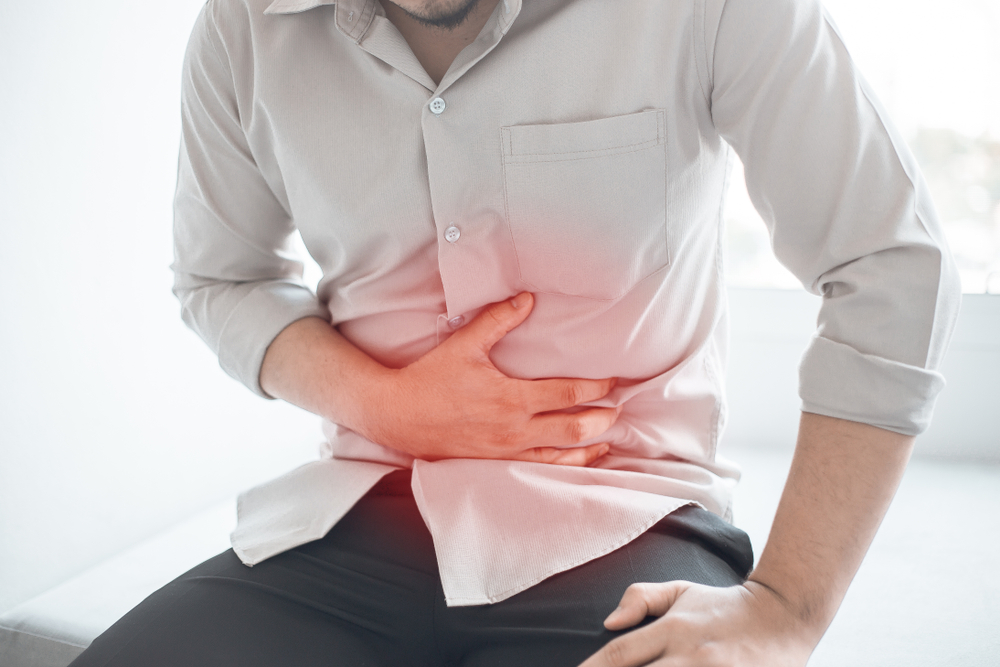
Bowel cancer can be sneaky and hard to notice at first. Some warning signs include rectal bleeding, changes in bowel habits, weight loss for no clear reason, and constant tiredness. These signs are easy to overlook or dismiss. However, if you notice them, don’t wait. Talk to your doctor right away. Early testing and treatment can make a huge difference. Catching cancer of the bowel early can save lives. So, it’s important to pay attention and not let fear or embarrassment hold you back.
When to Get Screened

Screening for bowel cancer saves lives. In many countries, testing starts at age 50, but if you have a family history or symptoms, you may need to start sooner. Screening tests like stool tests or colonoscopies can find cancer early, when it’s easier to treat. Talk to your doctor about when to start and which test is right for you. Don’t wait until you feel unwell, screening is a proactive step for better health.
Read More: This Vitamin Supplement May Slash Your Risk of Colon Cancer, Study Finds
Fiber-Rich Foods for Gut Health
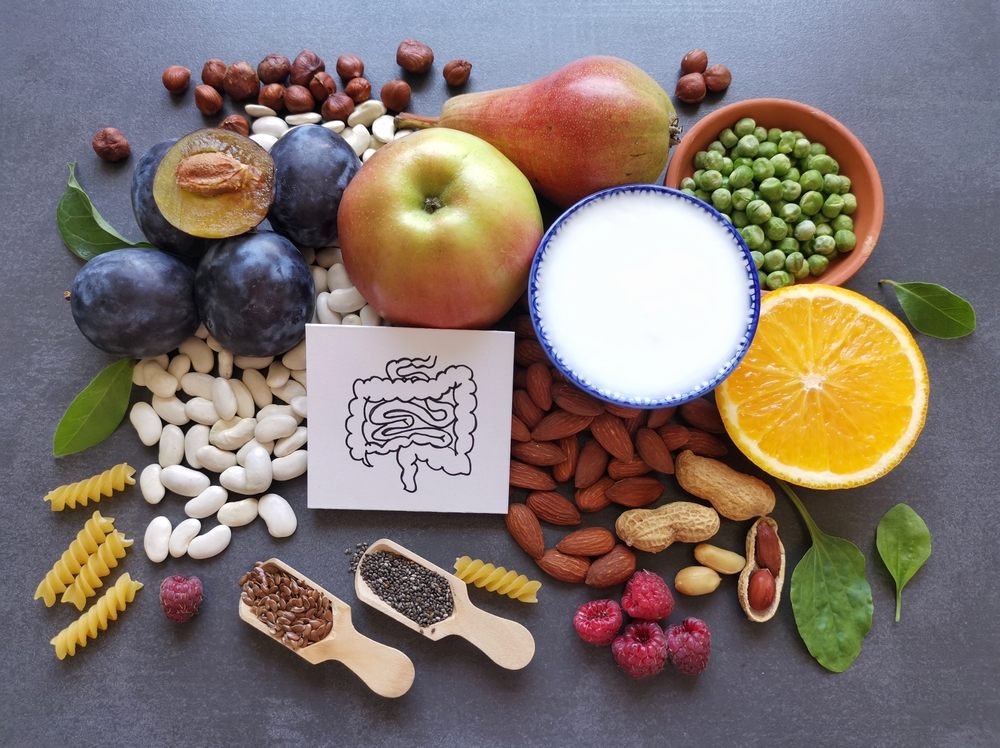
One of the best ways to protect your gut is by eating plenty of fiber. Foods like fruits, vegetables, legumes, and whole grains help lower your risk of colorectal cancer. Fiber acts like a sponge, soaking up harmful toxins and moving them out of your body. It also feeds the good bacteria in your gut, which can help fight cancer. With each meal, adding more fiber can make a big difference. Over time, these small, healthy choices add up and help your gut stay strong and healthy.
Healthy Swaps for Processed Meats
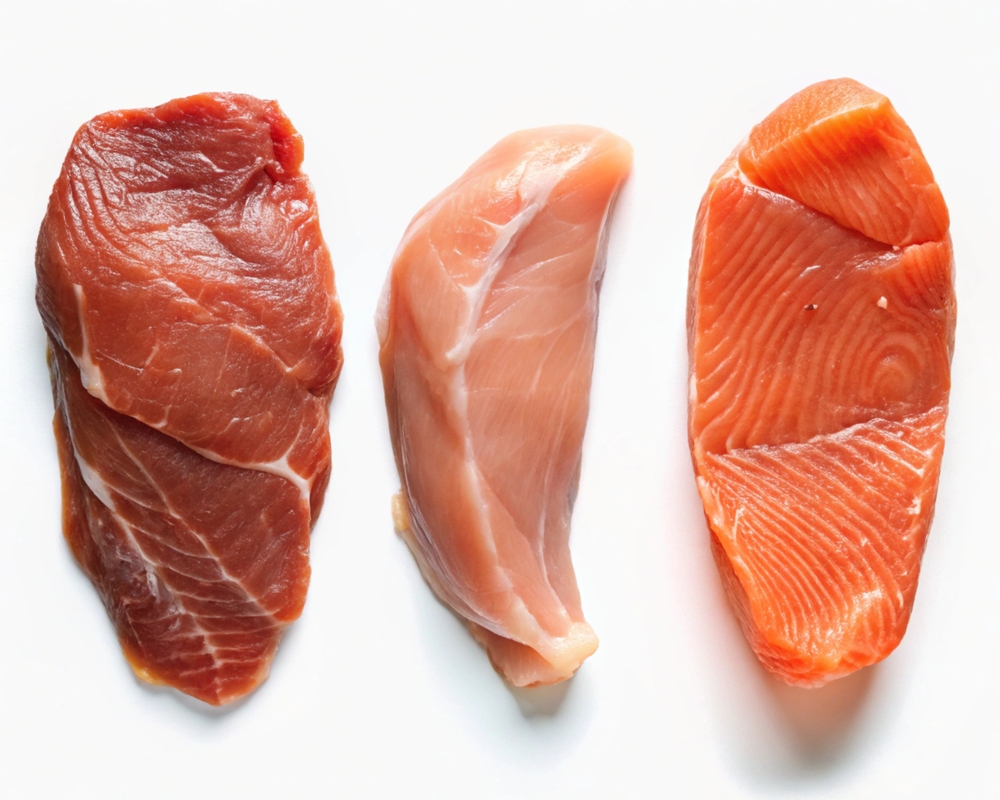
You don’t have to give up your favorite foods completely. Instead, try making small swaps. Choose fresh meats like chicken, turkey, or fish instead of processed options. Mushrooms, halloumi, and legumes are great plant-based choices too. When eating out, consider skipping the bacon or sausage and load up on extra veggies instead. These small changes can have a real impact over time. They help lower your risk of cancer of the bowel and make you feel more energized and healthy.
Creating a Balanced Plate
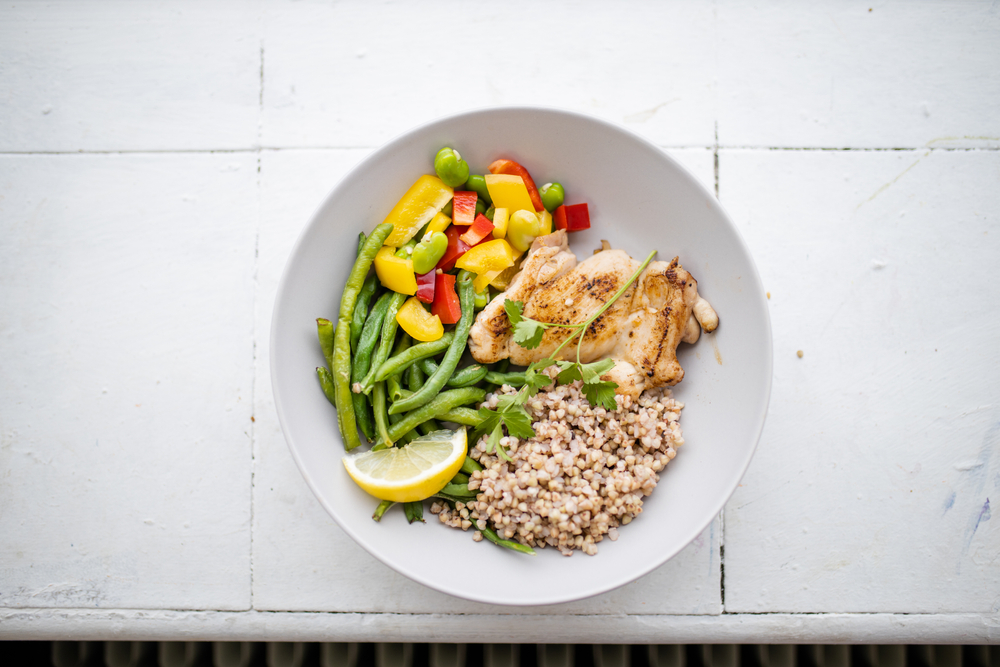
A balanced plate includes colorful vegetables, whole grains, lean proteins, and healthy fats. Try to make at least half your plate fruits and veggies. Use whole grains like brown rice and quinoa to add fiber and nutrients. Nuts, seeds, and olive oil bring healthy fats that support your heart. You don’t have to be perfect to see results. Even small steps, like cutting back on processed meats, help you lower your risk of colon cancer and support long-term health.
Lucie’s Message of Hope
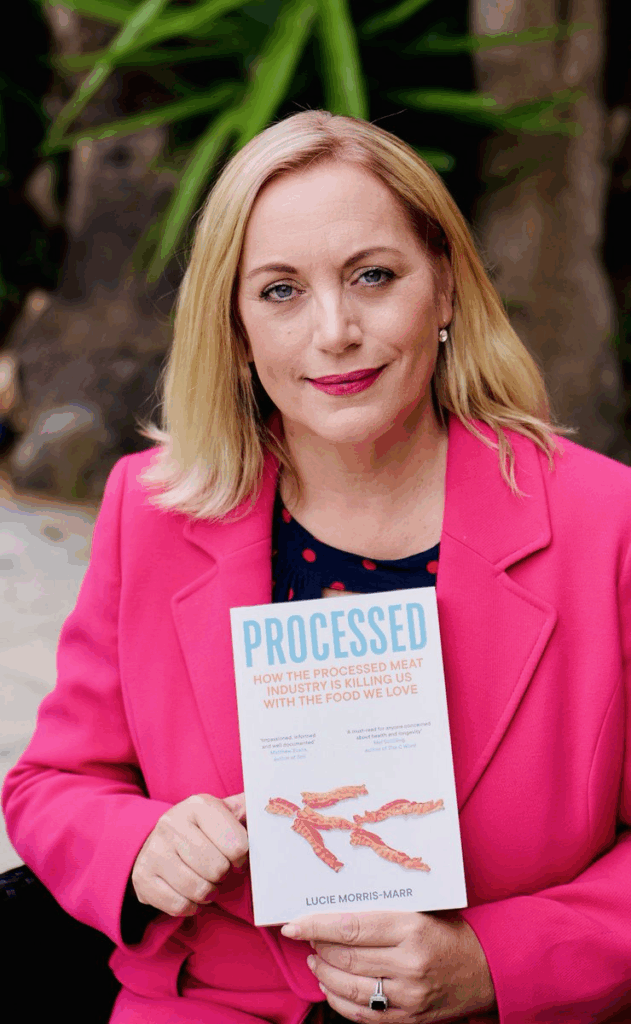
Lucie Morris-Marr’s story shows how even a favorite sandwich can have a lasting effect on your health. She wants everyone to understand the risks of processed meats and make mindful choices every day. Her message is simple: stay curious and informed. As Lucie says, “It’s your body, your rules.” Let’s use this knowledge to protect ourselves and those we care about. With small, steady changes, we can lower our risk of bowel cancer and build a healthier, happier life.
Read More: Against the Odds: Terminal Colon Cancer Patient Recovers After Experimental Therapy
